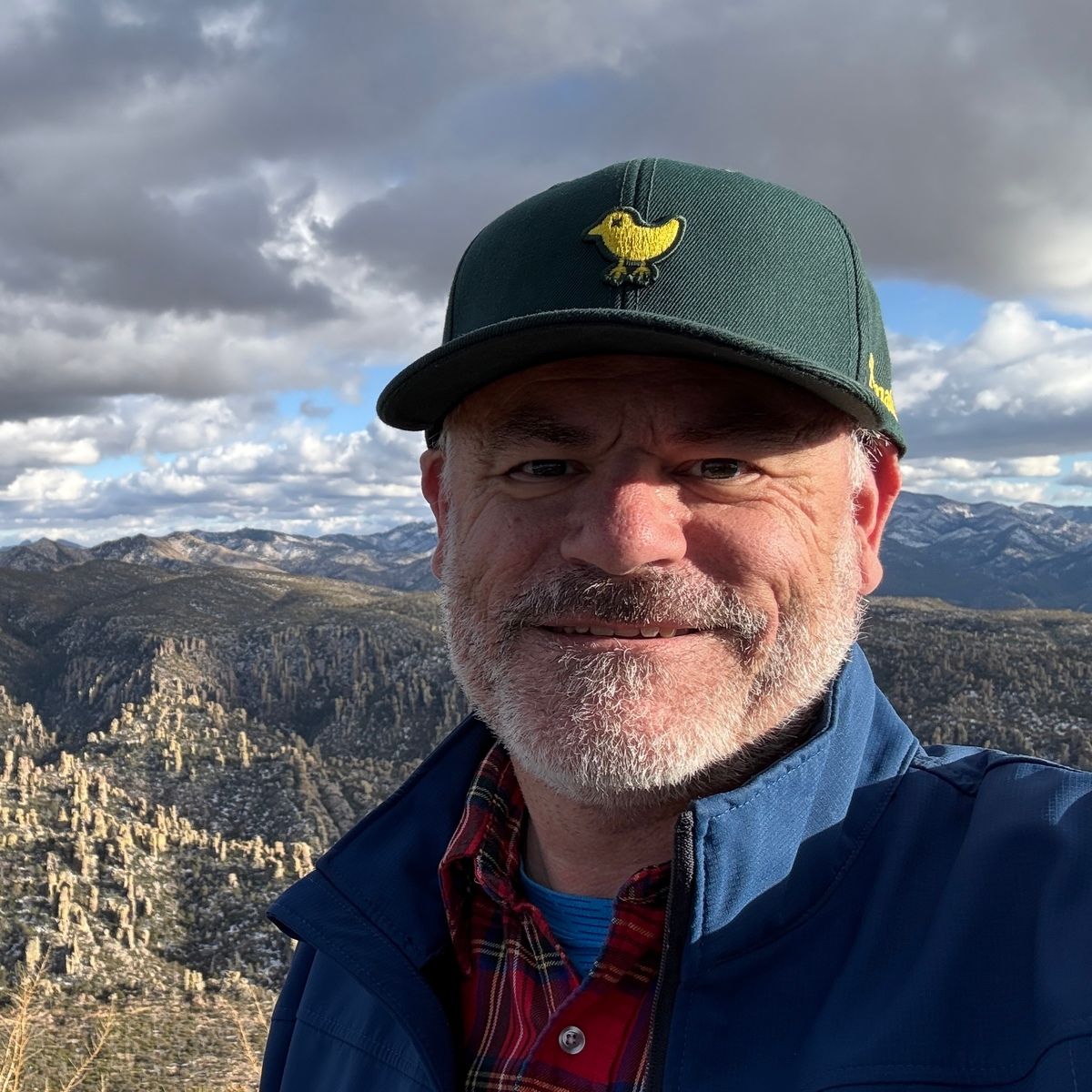Hiking in Phoenix is a year-round activity, but when summer temperatures rise into the triple digits, the risk level increases dramatically. Even experienced hikers can run into serious trouble on exposed desert trails.
For this reason, the City of Phoenix enforces temporary trail closures on specific routes during periods of extreme heat. These closures are not meant to inconvenience anyone. They exist to protect the public and emergency personnel from the very real dangers of hiking in extreme conditions.
In this post, we will explain which trails are affected, what triggers a closure, how the program has improved safety, and what alternatives are available when the temperatures spike.


In an effort to reduce the number of heat-related rescues, the City of Phoenix enforces temporary trail closures on select high-traffic routes. These closures are only triggered when the National Weather Service issues an Excessive Heat Warning. During those warnings, certain trails are closed from 8 a.m. to 5 p.m., the hottest part of the day.
🚫 Which Trails Are Closed?
The closures affect a handful of the city’s most popular and strenuous trails. (link)
Camelback Mountain
Echo Canyon Trail
Cholla Trail
Piestewa Peak
Summit Trail and adjacent routes
South Mountain Park and Preserve
Holbert Trail
Mormon Trail
Hau’pal Loop Trail
Access to National Trail from Pima Canyon Trailhead
While fewer than 7 miles of trails are closed, the impact is significant because these routes are among the most frequented in the city.
📉 What the Data Shows
Since the Trail Heat Safety Program began in 2021:
Mountain rescues have dropped by 37% at Camelback Mountain and 43% at Piestewa Peak.
In 2024 alone, there were 45 closure days and 68 total mountain rescues during the summer months.
Emergency personnel have faced fewer high-risk rescues during peak heat, freeing up resources and protecting both responders and hikers.
🕐 Know When It’s Safe to Hike
The trail closures only apply during official Excessive Heat Warnings, typically issued a day or two in advance. Always check the weather before heading out and plan your hike early in the morning or later in the evening.
✅ Safe Hiking Alternatives
Not all trails are closed. Consider these alternatives:
North Mountain and Shaw Butte: Less strenuous options in the Phoenix Mountains Preserve
White Tank Mountain Regional Park: West of the city with shaded canyon trails
Lake Pleasant Regional Park: Higher elevation and lakeside breezes
South Mountain’s open routes: Dozens of miles remain accessible during closures
💧 Summer Hiking Safety Tips
Start your hike before sunrise if possible
Bring more water than you think you need
Wear light-colored, breathable clothing
Let someone know your route and expected return
Avoid solo hikes on hot days
Trail closures are not about restricting access. They are about keeping people alive. Every year, preventable tragedies occur when hikers underestimate the desert heat. By following closure guidelines and choosing safer times or trails, you can enjoy Phoenix’s beauty without risking your life.


